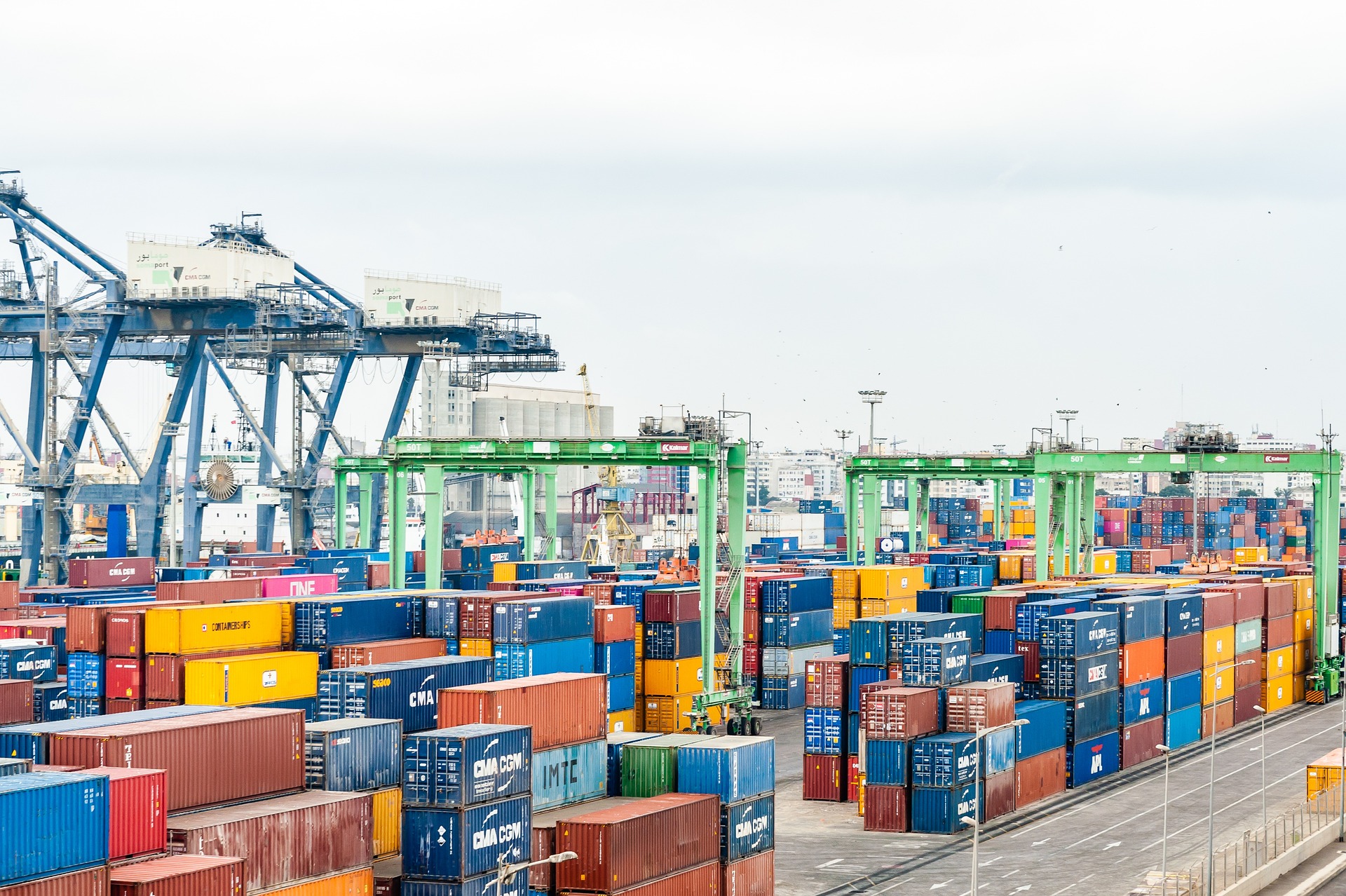After 25 years of negotiations, the European Union and the Mercosur bloc, which includes Brazil, Argentina, Uruguay, and Paraguay, have finalized one of the largest trade and investment agreements in history. However, while the deal marks a significant diplomatic achievement, it is far from assured that it will take effect, as it faces substantial opposition both within the EU and South America.
A Major Trade Milestone
On Friday, European Commission President Ursula von der Leyen heralded the conclusion of the EU-Mercosur agreement as a historic milestone. Speaking in Montevideo, she described the deal as sending a “powerful message” to the world, demonstrating that democracies can collaborate effectively in an increasingly polarized global landscape. The agreement connects over 700 million people across Europe and South America, including 450 million citizens in 27 EU member states and 270 million in Brazil, Argentina, Uruguay, and Paraguay.
This partnership promises to foster increased trade and investment, reducing barriers in key sectors. In 2023, the EU imported goods like mineral products, food, beverages, and tobacco from the Mercosur countries, while exporting machinery, equipment, chemicals, and pharmaceuticals. The total trade volume between the two blocs reached approximately €110 billion in the same year.
Economic Opportunities and Challenges
The deal is expected to create new market opportunities on both sides of the Atlantic. South American producers are particularly eager to access European markets more easily, with hopes of selling beef, sugar, and other agricultural products without the stringent tariffs that have previously hindered their exports. European car manufacturers, notably in Germany, are also likely to benefit from reduced import duties, particularly the 35% tariff on cars.
However, the agreement has not been universally welcomed, as it raises significant concerns about economic impacts and environmental risks.
Environmental Concerns and Criticism
One of the central points of contention has been the environmental impact of the deal, particularly in relation to deforestation in the Amazon. The EU has insisted on strict environmental protections, including a separate protocol aimed at halting deforestation. The European Commission emphasizes that the agreement includes “strong, specific, and measurable commitments” to address this issue.
Despite these assurances, critics argue that the agreement will not do enough to prevent the environmental degradation associated with the production of beef and soy in the Mercosur countries. Greenpeace has rejected the deal outright, warning that the ongoing deforestation required for these industries will have catastrophic consequences for the environment.
South American leaders, particularly Argentine President Javier Milei and Brazilian President Luiz Inácio Lula da Silva, have also raised objections. Milei opposed the deal during his 2023 election campaign, while Lula criticized the environmental stipulations as an unfair imposition.
EU Farmers and Agricultural Sovereignty
Farmers in the EU, particularly in countries like France and Belgium, have also voiced strong opposition to the agreement. They fear that the influx of cheaper South American agricultural products will undermine local markets, particularly if these products are produced under lower environmental and labor standards. The German Farmers’ Association has called for the renegotiation of the deal, citing the potential harm to European agriculture.
France has been particularly vocal in its opposition, with President Emmanuel Macron’s office recently telling von der Leyen that the deal, in its current form, is “unacceptable.” France has pledged to protect its agricultural sovereignty, a stance that has been echoed by other EU member states like Poland and Italy.
Divided EU Member States
Within the EU, member states are divided on the agreement. Countries such as Germany and Spain have been strong supporters, pushing for a swift conclusion to negotiations. On the other hand, France, Italy, and Poland have expressed reservations, complicating the path toward ratification. While the EU Commission has hailed the deal as a major step forward, the agreement’s future is far from secure. Both the EU and Mercosur must ratify the deal, and the approval process could take several years. There remains a significant risk that the agreement could be blocked either by national governments or the European Parliament.
The Road Ahead
As the EU-Mercosur deal moves into the ratification phase, its success will depend on navigating the concerns of both environmental groups and agricultural stakeholders. Supporters argue that the agreement will provide long-term economic benefits and foster closer ties between the EU and South America, but critics fear it could exacerbate environmental and economic inequalities.
The European Commission has noted that the conclusion of negotiations represents just the “first step” and that continued dialogue will be essential to address the concerns raised by various stakeholders. It remains to be seen whether the deal will ultimately proceed or be stalled by opposition from within the EU or Mercosur. Regardless of the outcome, the EU-Mercosur trade agreement has already proven to be one of the most contentious trade negotiations in recent history.



